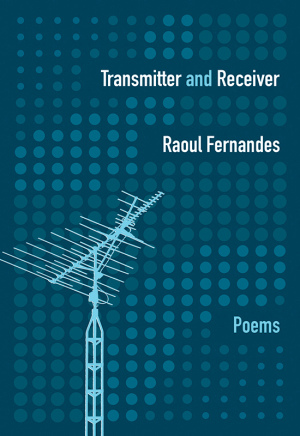Photo by Nancy Lee
Like a lot of writers, I’ve been fan-girling Nancy Lee since the early 2000s when her incredible short story collection, Dead Girls, made its splash. Dead Girls took home a lot of prizes and nominations (2003 VanCity Book Prize, Ethel Wilson Prize finalist, Danuta Gleed Literary Award finalist, among others) and still appears regularly on university reading lists. Since then, Nancy’s been the recipient of numerous fellowships, residencies and awards, including a Gabriel Award for Radio and a National Magazine Award. Now an Assistant Professor at the University of British Columbia Creative Writing Program, Nancy’s highly anticipated debut novel, The Age, was released in 2014. It’s a smart, chilling look at both the end of the nuclear age and the throes of adolescence. We’re thrilled to record an excerpt of it for the blog.
Fun facts: Nancy lives in Steveston, BC with her equally talented husband, the author, John Vigna (Bull Head, Arsenal Pulp 2012) and their noble canine, Rudy.
Excerpt from “The Age”
The day the moving truck loaded with the last of her father’s work files and clothes pulled out of their driveway, her mom took her to a pet store. In the murky hum of the store’s aquatic section, Gerry stared at the ragged tails of sluggish fish, chilled by their furless, metallic bodies, frustrated at how her mom’s plans paired her with things she didn’t want. The greasy man in the FIFA T-shirt netted two fat goldfish against the side of the tank, and Gerry made an effort to smile, aware that her mom’s happiness was now her responsibility.
At home, without pebbled or plants to fill the terrarium her mom salvaged from the basement, the fish appeared shocked and embarrassed in their watery prison. Gerry blamed her mom, argued to fitful tears that she should know, since she was the parent, how to take care of things. Her mom promised they’d go back the next day, get everything the fish needed. That night, their constant motion kept Gerry awake. She sensed their fretful bodies darting in the bowl, felt herself drowning in her sheets, the weight of their twin needs like stones on her chest.
The next morning, gummy-eyed and exhausted, she shuffled downstairs, found her mom at the kitchen table staring at the orange bodies afloat on their sides. Gerry traced the curved glass of the bowl, tried not to look into their open eyes. Her mom searched for matchboxes. They held the burial in the back garden, the two of them silent as her mom stabbed at weeds and clay soil with a hand trowel, pink housecoat dragging in the dirt. When her mom was done, she stood, pulled Gerry close. Gerry could tell from her grip she was going to cry. Disgust coiled in her stomach. She wanted to shout at her mom to cut it out. She stared at the two humps of earth, wondered whether the fish had died of loneliness or killed each other in the night.
(written by Nancy Lee, read by Chioke I'Anson)
That rad music you hear at the end is by Tigerrosa. Buy their debut album here
Subscribe to us on iTunes or wherever else you get your audio fix.







































